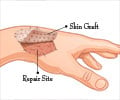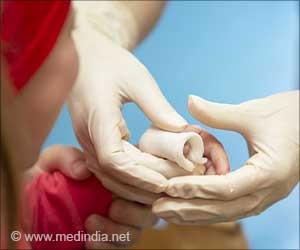The increasing prevalence of injuries and adoption of advanced healthcare practices such as regenerative medicine will raise the Tissue-engineered skin substitutes market.

‘The sales of Tissue-engineered skin substitutes will increase to $3 billion by 2033, with 62% of the market composed of acellular skin substitutes.’





Tissue-engineered skin substitutes (TESS) are scaffolds that can be either biological or synthetic, and either acellular or cellular. They often contain biological compounds or growth factors that help to stimulate the body’s natural healing response.These products supplement or replace damaged skin by providing a platform for new tissue growth. They have shown decreased rates of infection, enhanced cosmetic outcomes, and long-lasting results compared to traditional healing approaches, such as gauze dressings and donor skin grafts.
The products not only supplement the growing deficiency in donor-supplied skin grafts but also provide healing benefits that improve short and long-term outcomes for patients.
Chronic Wounds Drive Market Growth for Tissue-Engineered Skin Substitutes
TESS has widespread uses in wound care for treating skin defects and injuries and is advantageous for use in serious or chronic injury where the skin’s natural ability to heal may be disrupted, including burns cases, diabetic foot ulcers, leg ulcers, and pressure ulcers.GlobalData predicts that sales of TESS will new peak by 2033. This market growth is attributed to the increasing prevalence of injuries and chronic diseases globally, as well as to the higher adoption of technologically advanced healthcare practices like regenerative and personalized medicine.
The TESS market is highly competitive and includes numerous players of diverse sizes due to the unique features, benefits, and applications of each product. Key players include Allergan, Integra LifeSciences, MiMedx, Organogenesis, and Smith & Nephew.
Advertisement
However, no single company has yet to establish a dominant market position in this space, resulting in a highly fragmented market. This fragmentation will most likely continue in the coming years as new technologies emerge and even more, companies enter the market.
Advertisement
Source-Medindia















